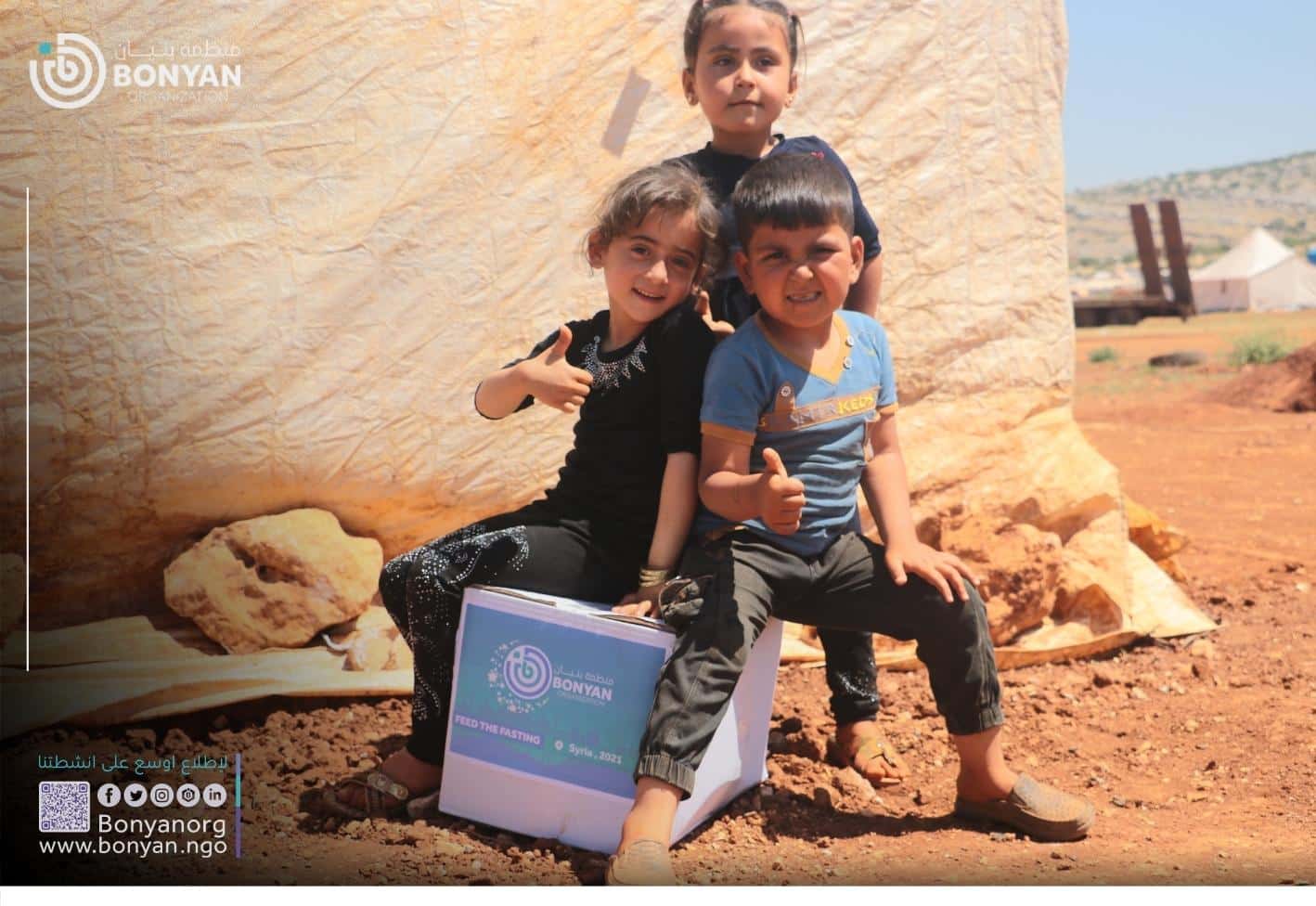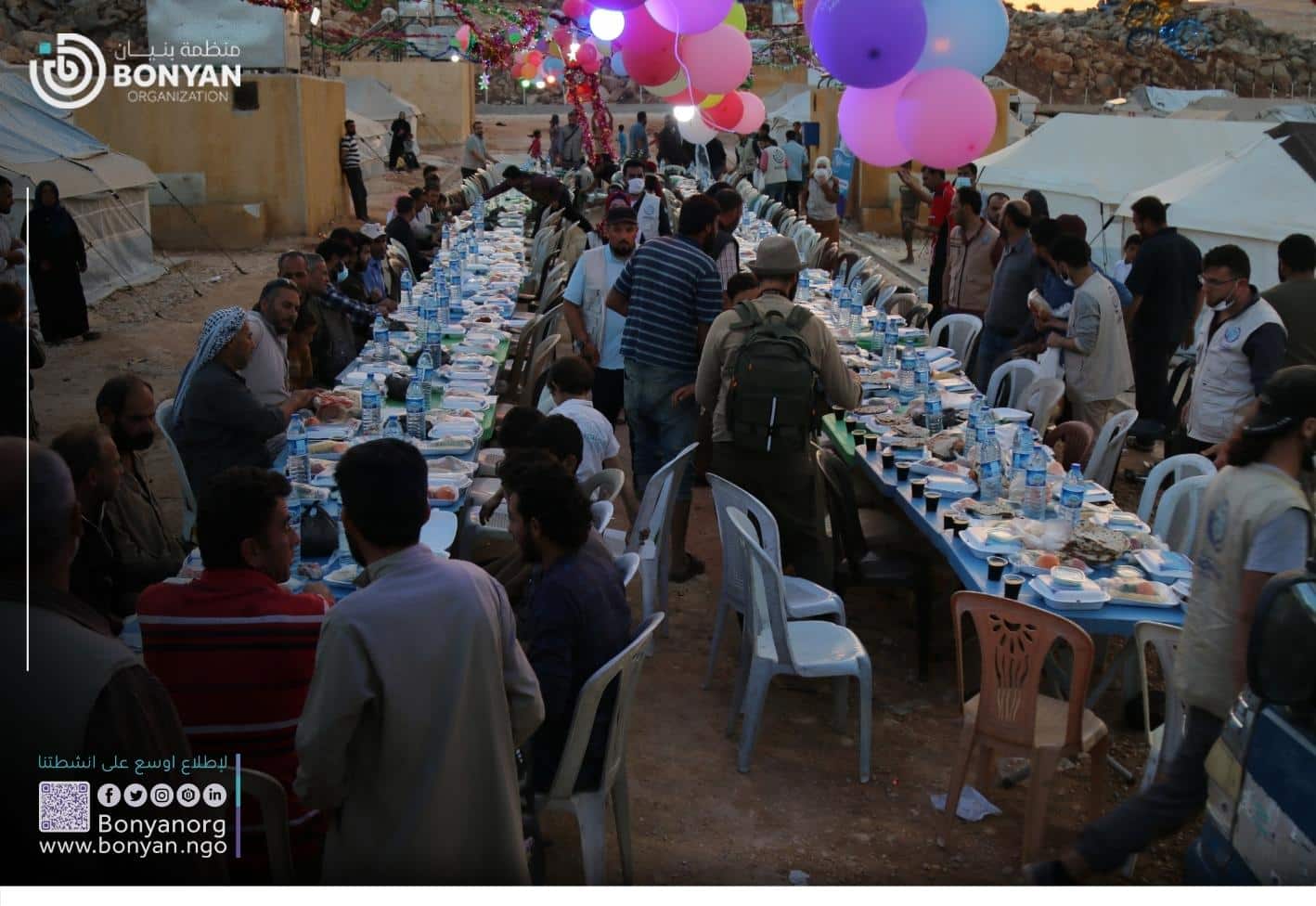The Importance of Zakat for a Muslim
Giving back to humanity is the third Pillar of Islam.
Charity is a fundamental teaching of Islam.
Muslims must work to ensure those who don’t have the means to thrive are given what they need to survive. In Islam, generosity is a central theme that Allah gives to those he loves, and he guides us to refrain from attachment to material wealth.
“He who sleeps on a full stomach while his neighbor goes hungry is not one of us.”
Prophet Muhammad (PBUH).
Zakat purifies the Muslim’s wealth, as Allah says in the Qur’an; “It keeps one away from sin and saves the giver from the moral ill arising from the greed and love of wealth.
The Benefits of Giving Zakat
Like the old saying, “It is always better to give than to receive.” both Zakat and Sadaqah are a vital part of being a Muslim. This sacrifice guarantees protection from tragedy and misfortune.
Through Zakat, Muslim Ummah cares for the poor, including widows, orphans, the disabled, the needy, and the destitute.
The Prophet Muhammad said, “Give charity without delay, for it stands in the way of calamity.” __ Al-Tirmidhi.
1- Social Benefits of Zakat
As a Muslim Ummah caring for one another is an essential part of our Islamic Identity. Islam focuses on community sustainability, and Zakat is the engine that facilitates that.
Zakat is a powerful tool to help re-circulate wealth to those most vulnerable, many of whom are experiencing poverty at no fault of their own, but due to their unfortunate circumstances, such as access, war, resources, and limitations.
Some of the social benefits of Zakat are;
- Restores and establishes human dignity.
- It helps bridge the gap between the rich and poor.
- It eliminates social conflicts and establishes social security.
- Reduces poverty.
- It gives hope to those who may feel hopeless.
- It prevents the poor from resorting to unlawful or illegal means to earn a living.
- Promotes selflessness and giving.
- Financial help by way of food, shelter, and clothes.
- Raises awareness of real issues around you and the world.

2- Economic Benefits of Zakat
Zakat is unique among the obligations of belief.
It welds worship to the transactional, the moral to the material, the individual to the communal, and the economy to the societal.
Indeed, Zakat is Allah’s mechanism to simultaneously…
- Cleanse our higher souls from the taint of their base natures.
- Purify the worldly possessions that remain with us.
- Uplift the needful around us.
- Elevate society by restoring its economic balance.
3- Spiritual Benefits of Zakat
Zakat is a spiritual connection to one’s Creator– Allah– to purify your wealth for the will of Allah is to acknowledge that everything we own belongs to Him. For Him, we strive to end poverty and help our brothers and sisters.
“Whoever pays the zakat on his wealth will have its evil removed from him.”
(Ibn Khuzaimah and at-Tabarani).
Zakat is The Right of The Poor
Social justice and compassion for fellow humans who are disadvantaged are central themes in Allah’s message to humanity. Therefore, it is no wonder that Zakat, like prayer and fasting, was also enjoined upon all Muslims at all times.
Islam did not consider Zakat as a favor given to the poor by the rich.
No, it is the right of the poor on the wealth of the rich, as Allah says in the Holy Qur’an.
Zakat is unlike charity that is given to the needy voluntarily. Withholding Zakat is considered depriving the poor of their due share, thus one who pays Zakat actually “purifies” his wealth by separating it from the portion that belongs to the poor.

Zakat Obligatory
Zakat is a type of obligatory alms-giving.
It is not a charitable donation but the duty of each Muslim who meets the necessary criteria of surplus wealth. Paying Zakat purifies, increases, and blesses the remainder of Muslims’ wealth.
Donate Zakat to Charity
We can donate Zakat for any act of charitable giving. You can give Zakat to a charity that is permitted to distribute Zakat and that uses the funds following sharia, distributing to those who can receive Zakat.
Read More:
FAQ
What is Zakat and its Benefits?
Zakat is an obligatory tax on every Muslim designed to help the poor and empower communities. It helps purify Muslims’ wealth, increases blessings in their lives, and gains them many rewards.
What are The Social Benefits of Giving Zakat?
Zakat has many social benefits, such as; restoring and establishing human dignity, reducing poverty, bridging the gap between the rich and poor, and giving hope to those who may feel hopeless.
How Does Zakat Improve the Economy?
Zakat leads to a distribution of income, increasing consumption, investment, and public spending, and thus economic growth.
How Does Zakat Purify Your Wealth?
Withholding Zakat is considered to deprive the poor of their due share. Thus one who pays Zakat actually “purifies” his wealth by separating the portion that belongs to the poor.
What are The Three Conditions of Zakat?
1- Being an adult Muslim.
2- Being sane.
3- The wealth has reached the “Nisab.”
Who is Eligible for Zakat?
– The poor (Al-Fuqara’).
– The needy (Al- Masakin).
– The administrators.
– Those whose hearts are to be reconciled; (new Muslims and the friends of the Muslim community).
– Those in bondage (enslaved people and captives).
– The debt-ridden.
– In the cause of Allah.
– The wayfarer; (who is stranded on traveling with few resources).
Read More



